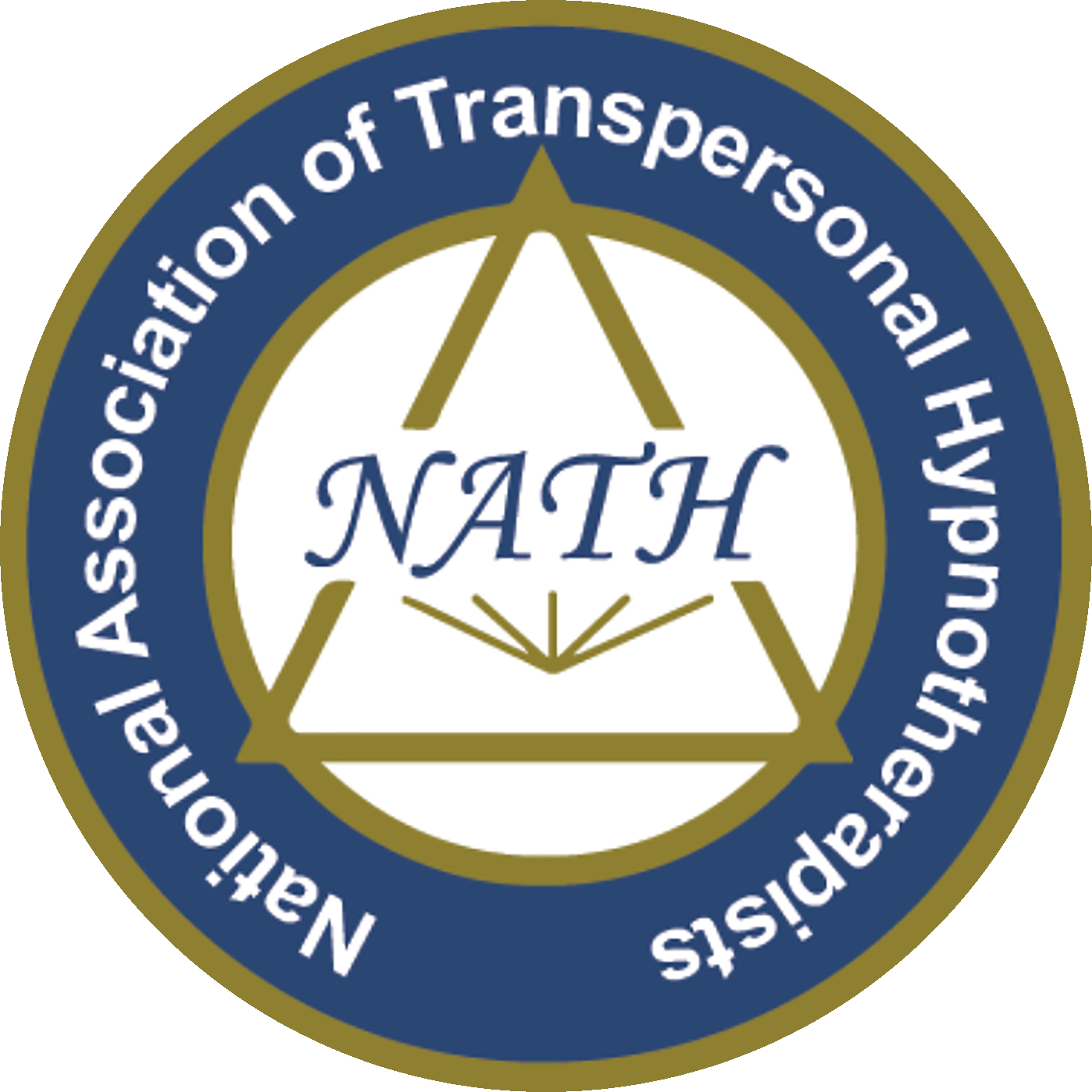Desiree Holmes Scherini, CHt, NLP
NLP stands for Neuro-Linguistic Programming. A fancy name created for a process that incorporates neurological processes (neuro-), language (linguistic) and behavioral patterns learned through experience (programming). Let me put this into “real world” talk, without going into boring history around its development.
NLP is a bit of a melting pot of techniques that can be used in the therapeutic process for helping a client make positive changes. There are some techniques that
include eye movement, or other therapist guided exercises, but in this article, I am
going to focus on the “neuro-linguistic” part of it.
We all know how a child can be affected by the words of others. If he is called lazy
by a parent constantly or called a name at school by the other kids, the child may
take it on as a truth about him or herself, even as an adult, having this identity
subconsciously, regardless of its validity.
Now, imagine if there were someone in your head talking to you about yourself constantly that you could not quiet? That person is you.
We are actually in constant conversation with ourselves, from the moment we wake up until we go to sleep, and even in our dreams we are communicating with
ourselves. Every thought we have is made up of the words we use to talk to
ourselves. This is where the “programming” comes in.
Just as being told you are lazy, or stupid by others can “program” your mind to believe it, your own words can “program” your beliefs about yourself and the world around you. How many times have you disappointed yourself and said “I’m such an idiot! I am so stupid!”
What do you say to yourself about your job? “I hate my job. This job sucks!” How
does it make you feel about yourself or your job? Imagine if you could change those feelings by changing the words you use in your thoughts. It seems very simple, and perhaps simple minded, but sometimes the simplest changes are the easiest to make and stick with, allowing a greater change for the better!
So, what am I saying here? First – you have a choice of what words you use in
your conversations with yourself. Using “positive” words, even when expressing
something “negative” can have a positive change on your mind-set and thereby,
your overall happiness level and physical health.
For example, a small change from “I hate my job” to “I don’t like my job” removes the negative word “hate” and replaces it with “like”. Your brain will interpret this sentence differently now, allowing a higher level of satisfaction.
Another example is changing the often used “I have to…..” to “I choose to…” recognizing that you choose to do something based on the fact that the consequences of not doing it are probably worse than doing it.
It is a choice, as opposed to expressing victimhood, you express your power to choose. (I know, this may be a tough one to begin using, but try it! At the very least, you may get a chuckle out of saying “I choose to get up and go to the job I don’t like”. If you can laugh about it, you’re already doing well!)
NLP is a cornerstone of advertising and sales and is also used by motivational speakers like Tony Robbins. It can be used to try to sell you a car or sell you on yourself! As a hypnotherapist and Life Strategist I use it to encourage my clients and inform them of how to use it in those everyday conversations they have with
themselves.
So, tomorrow morning, try saying “good morning! It’s going to be a great day!” and
take it from there!







